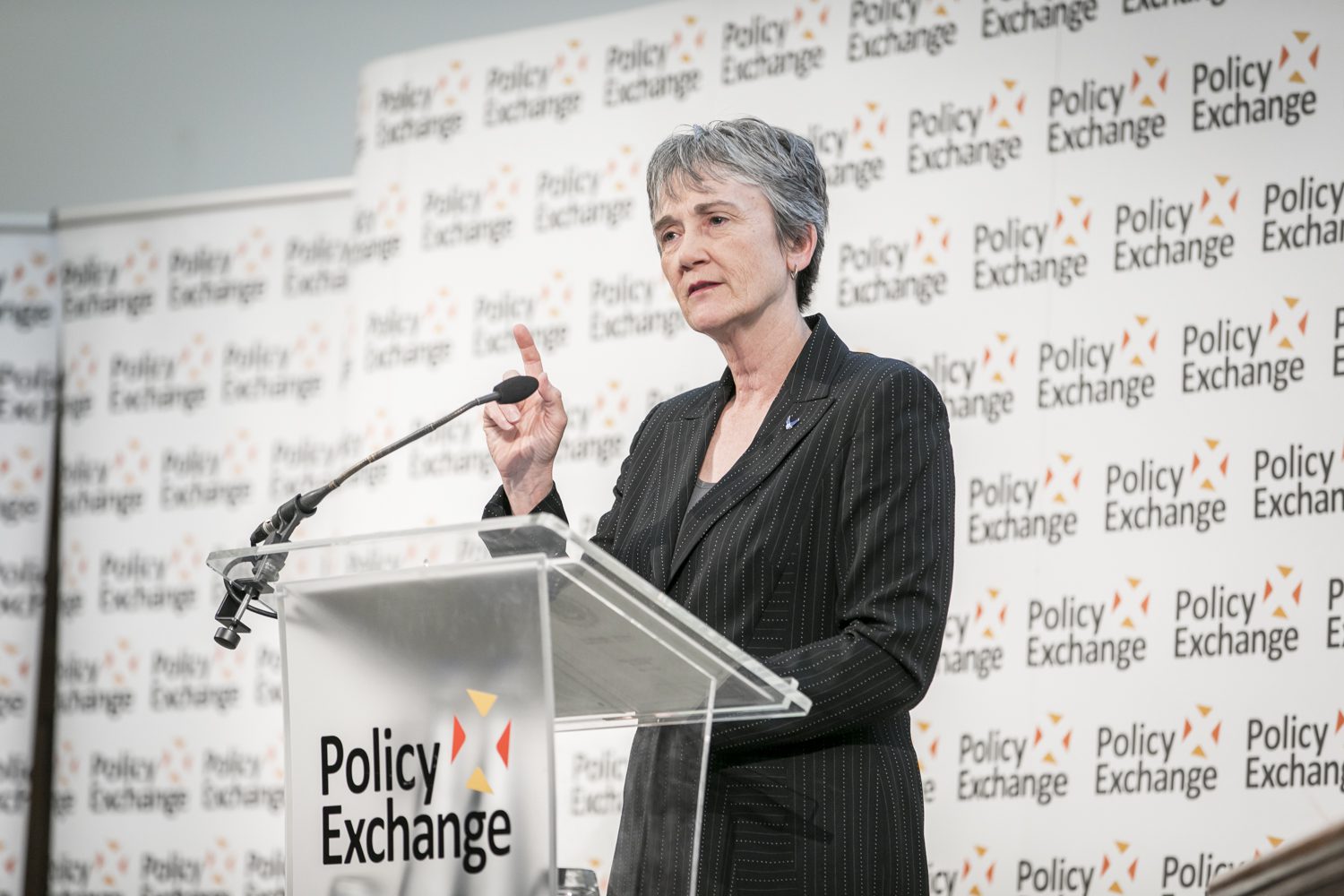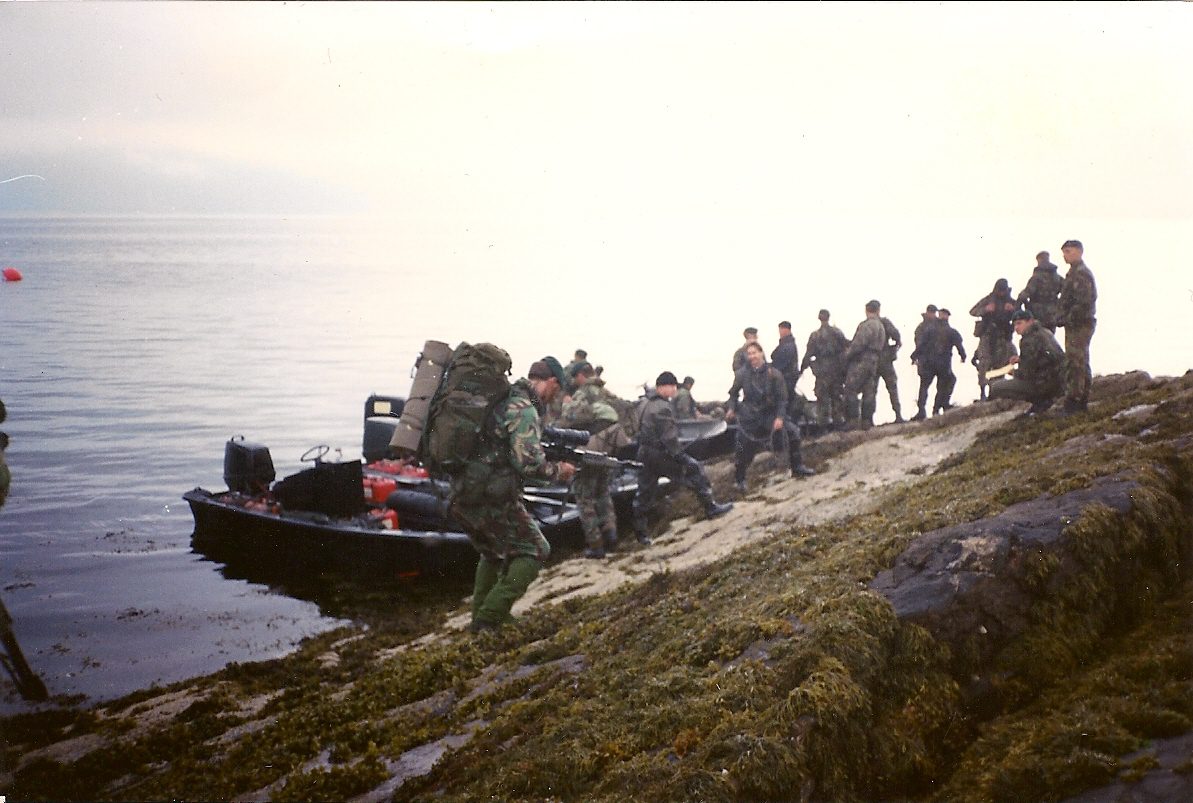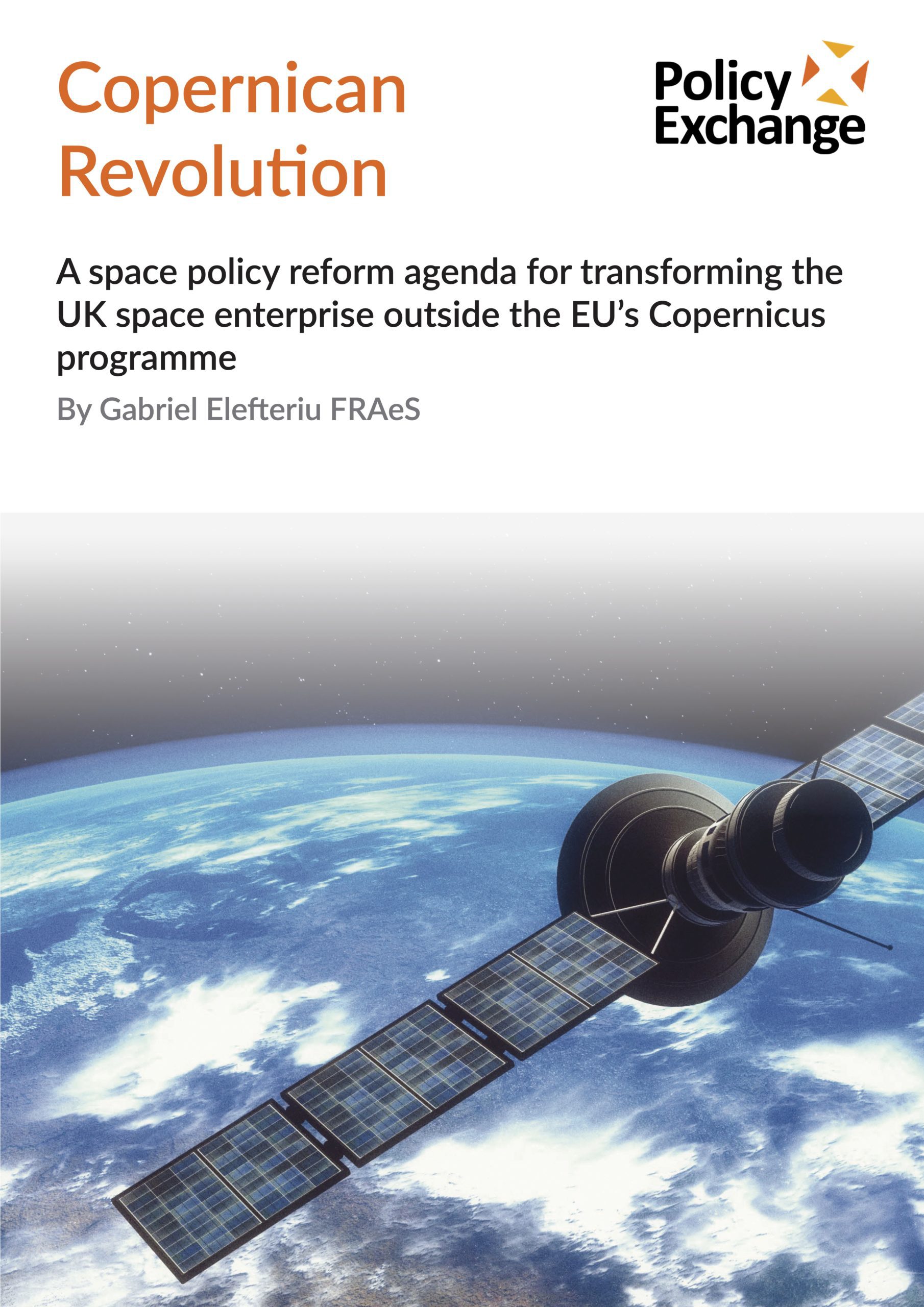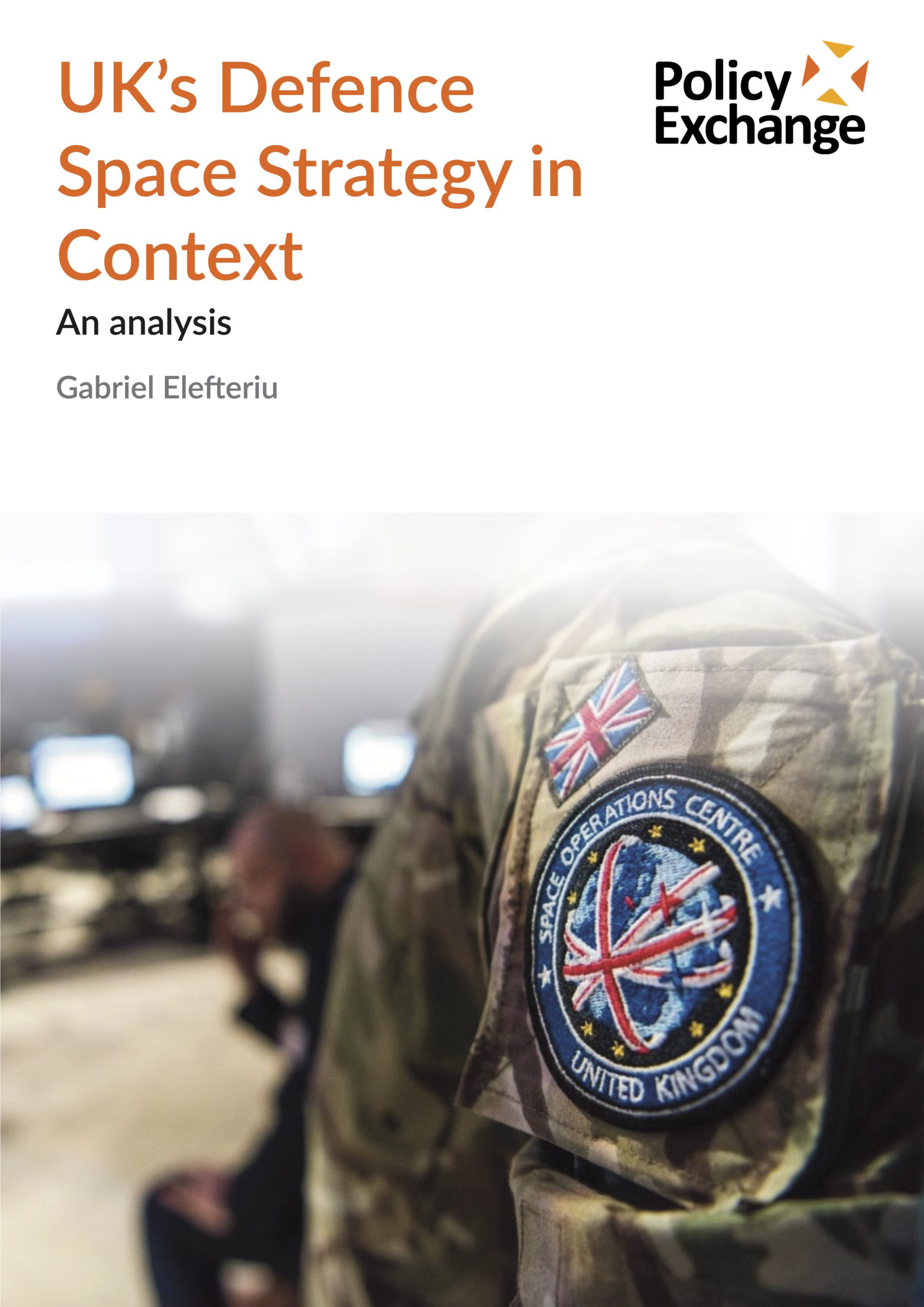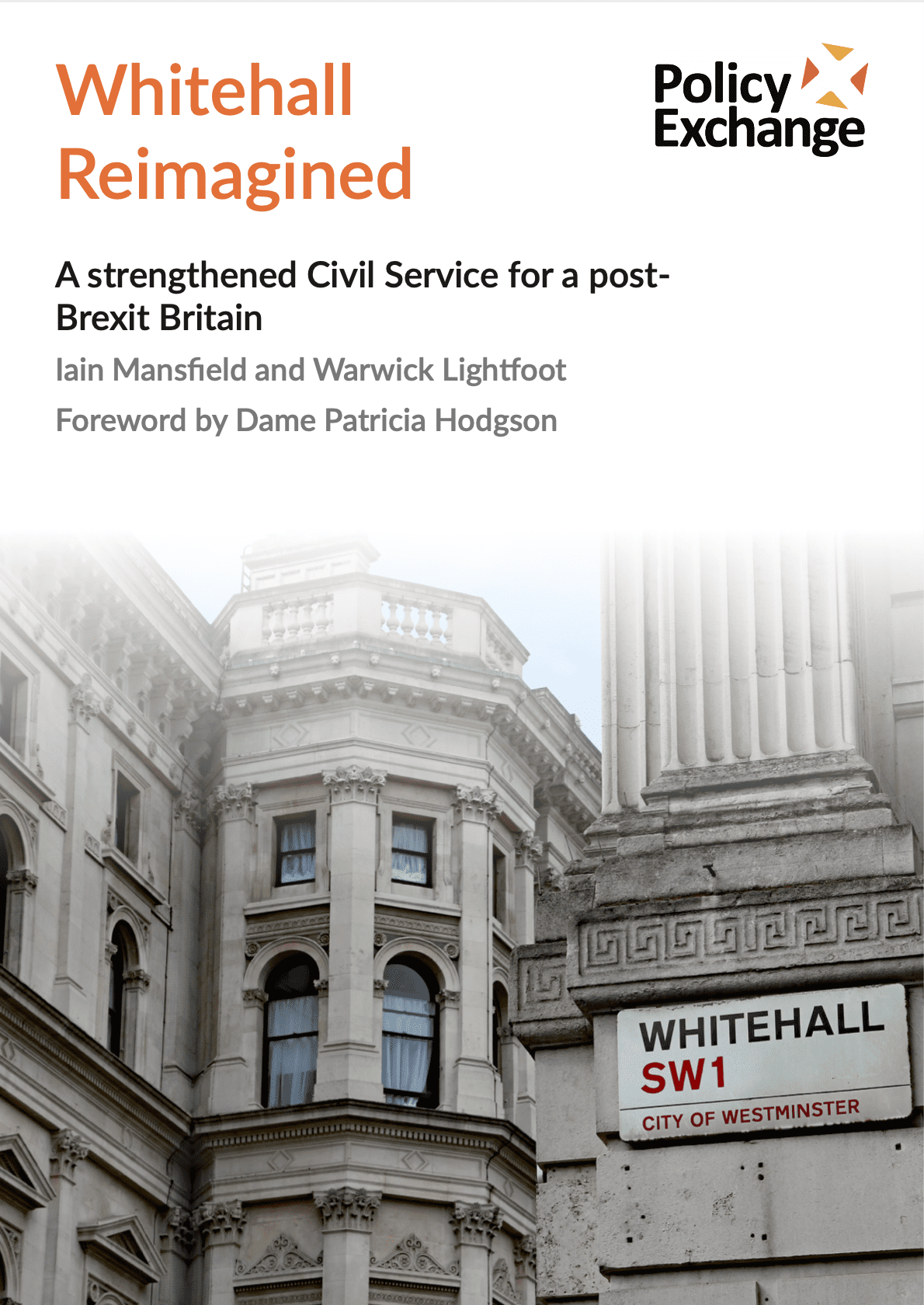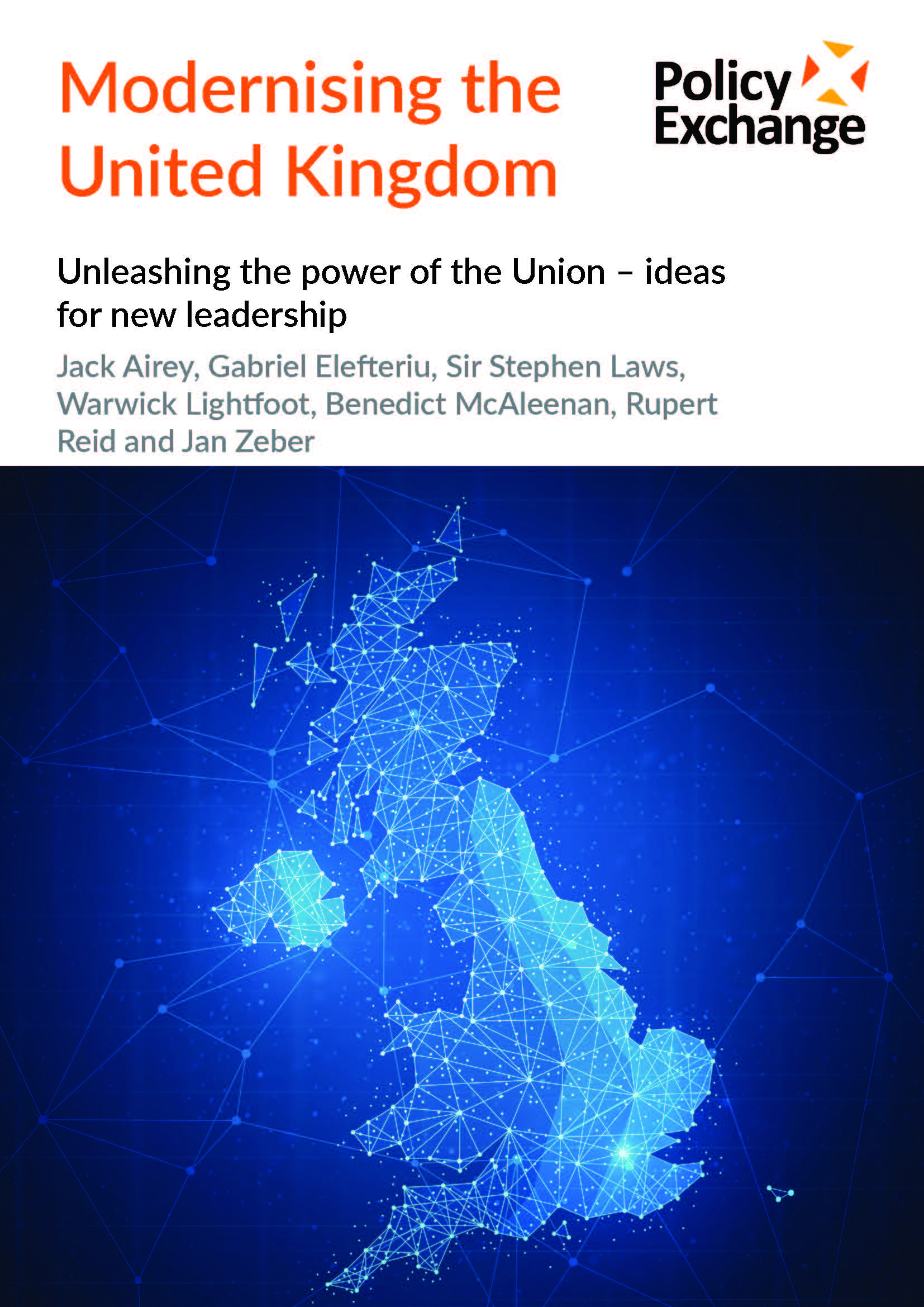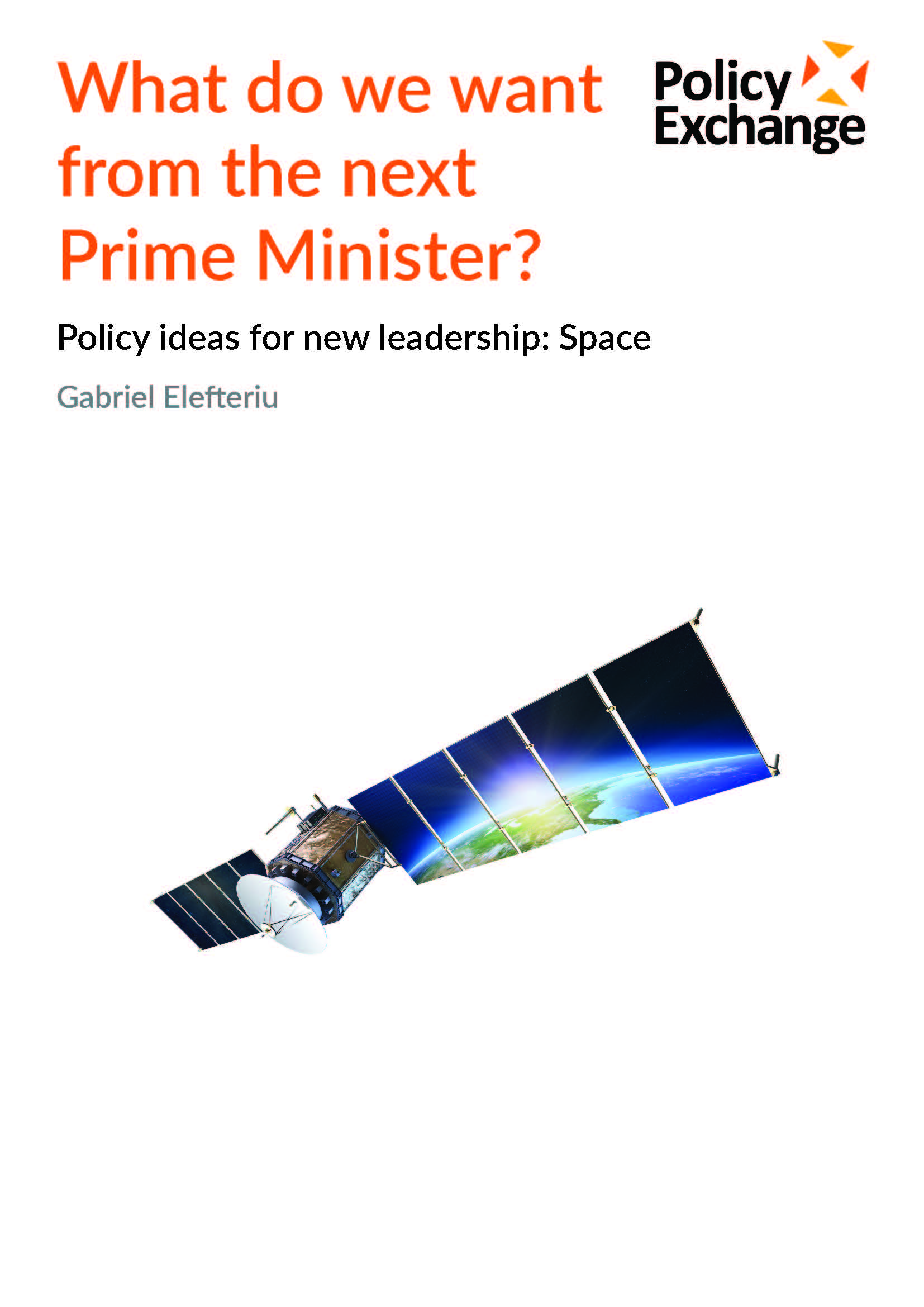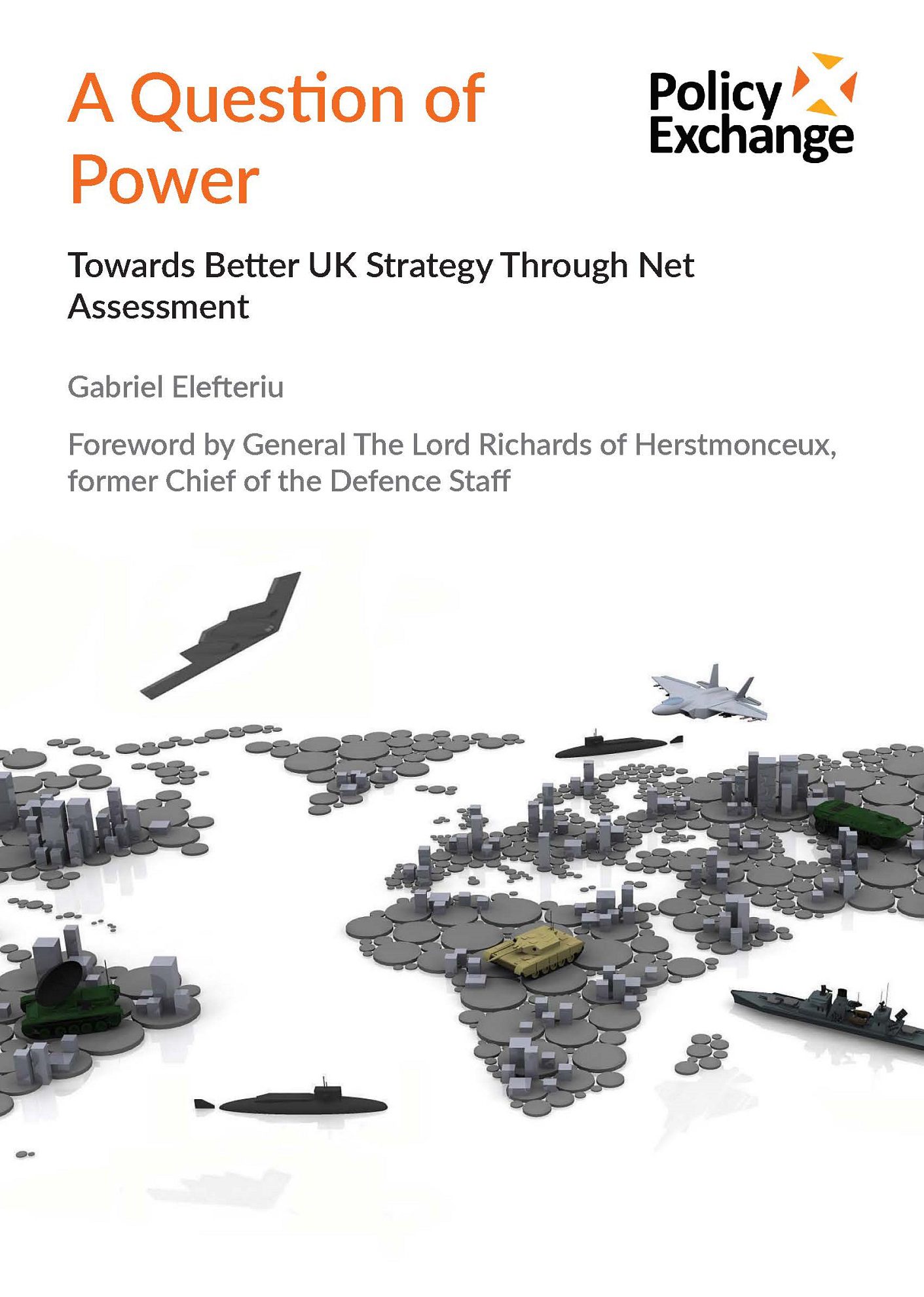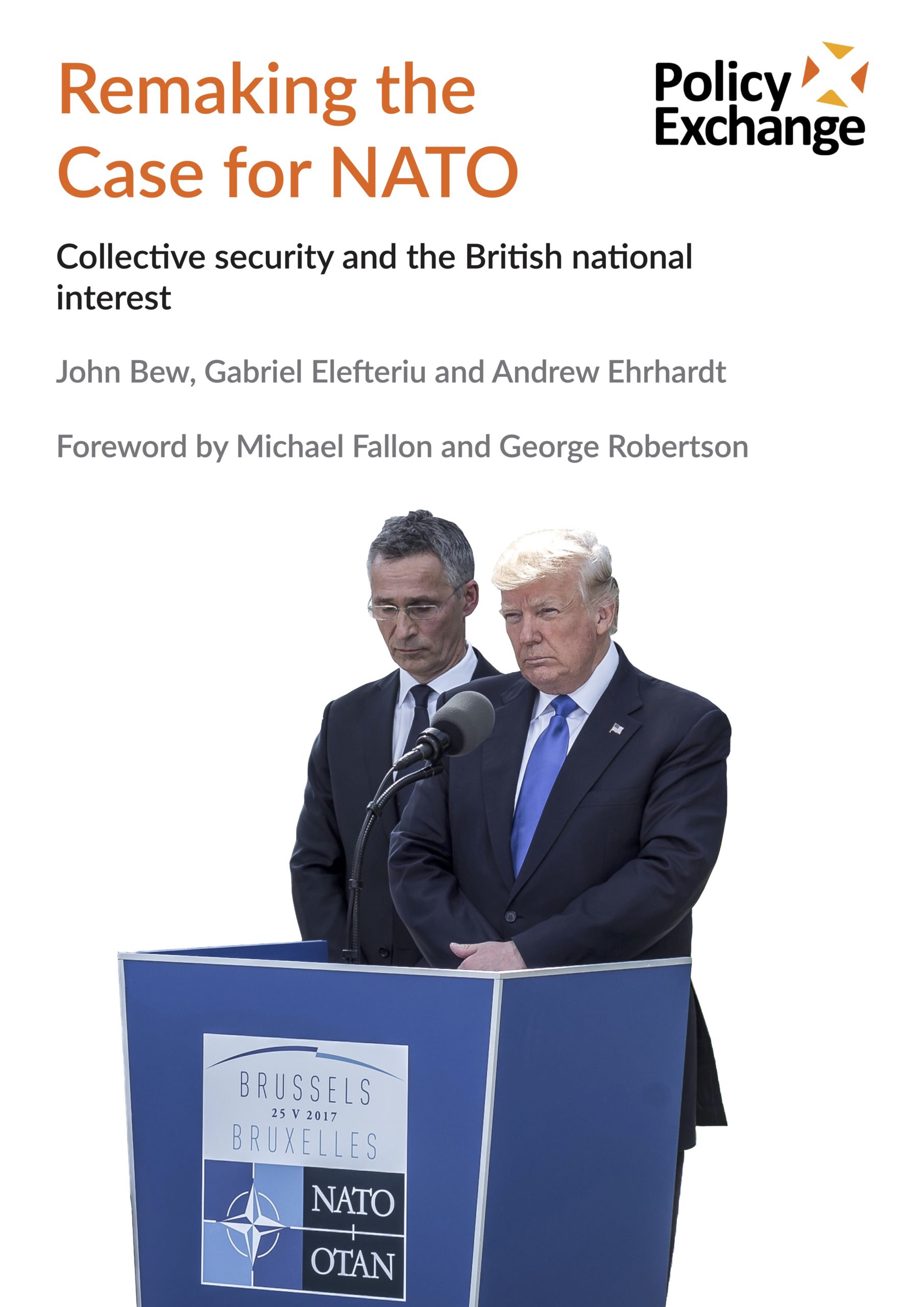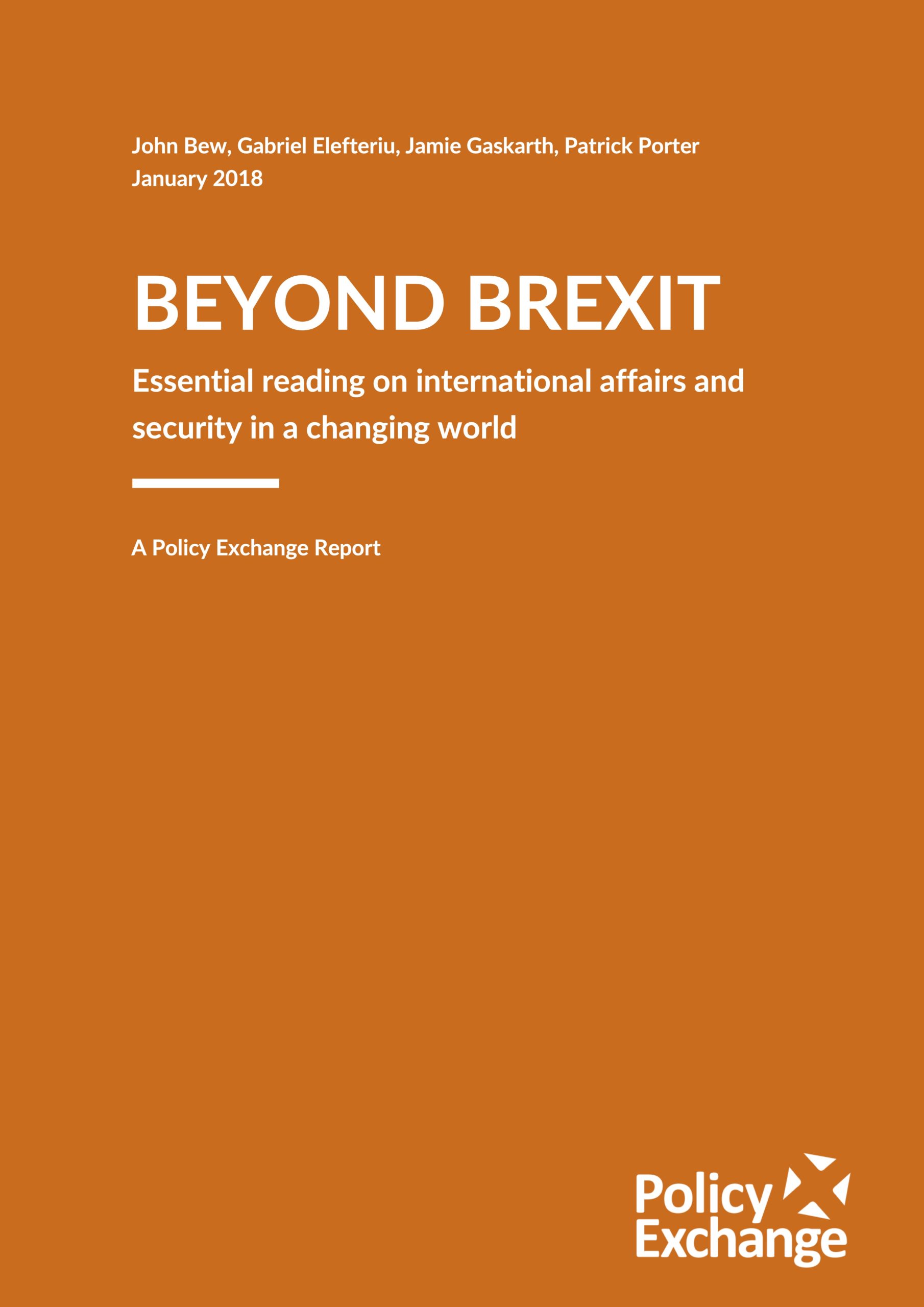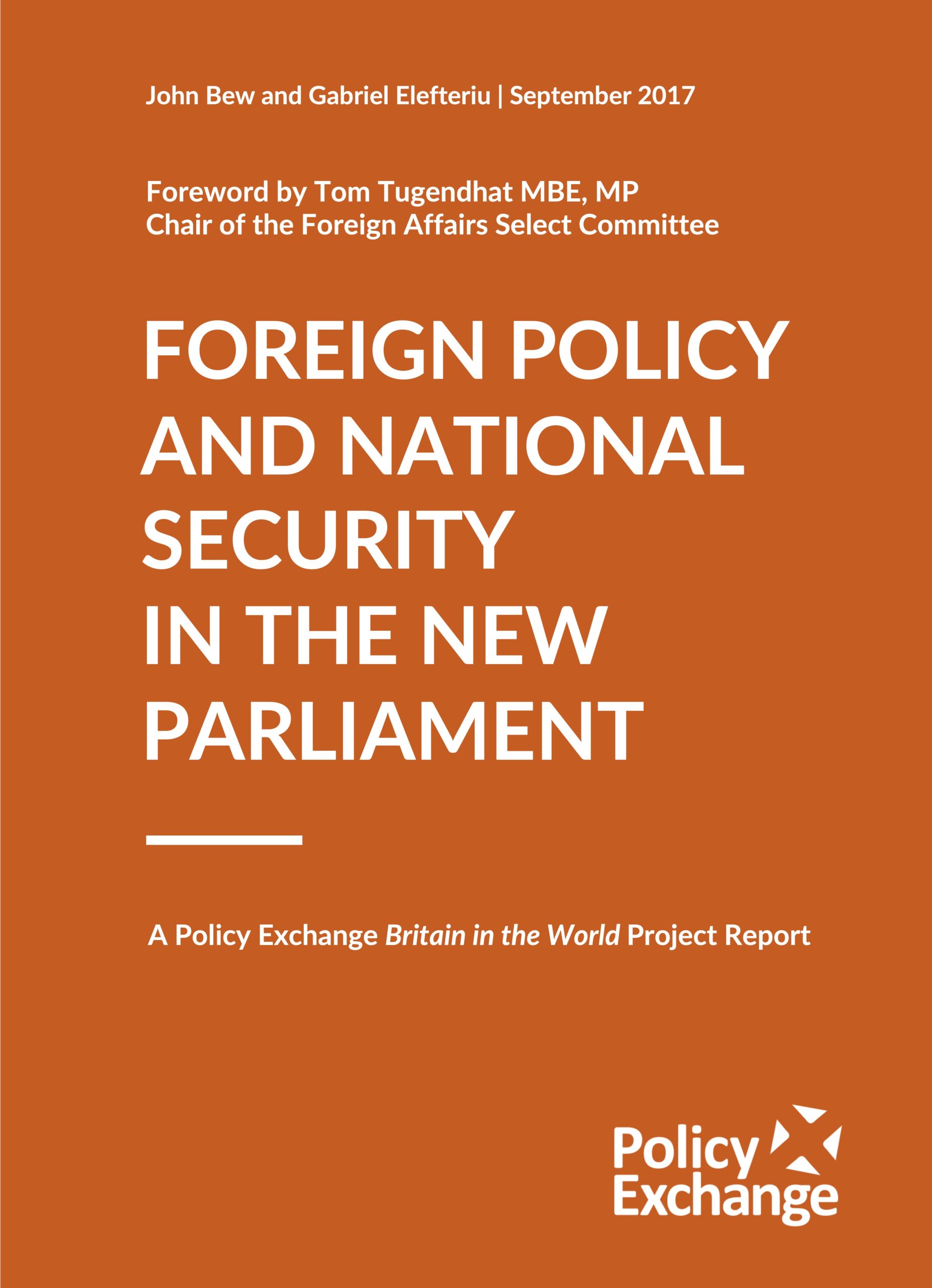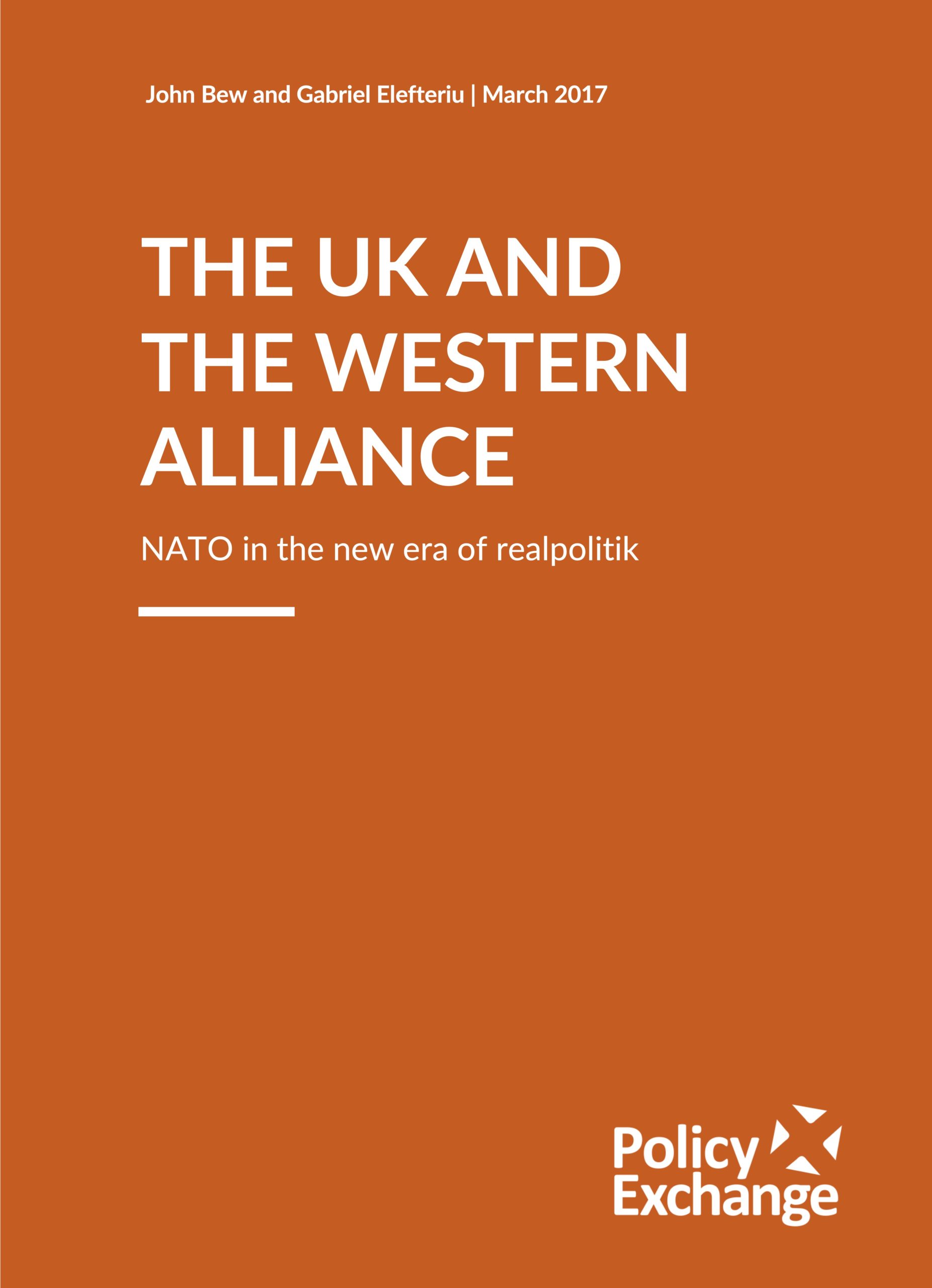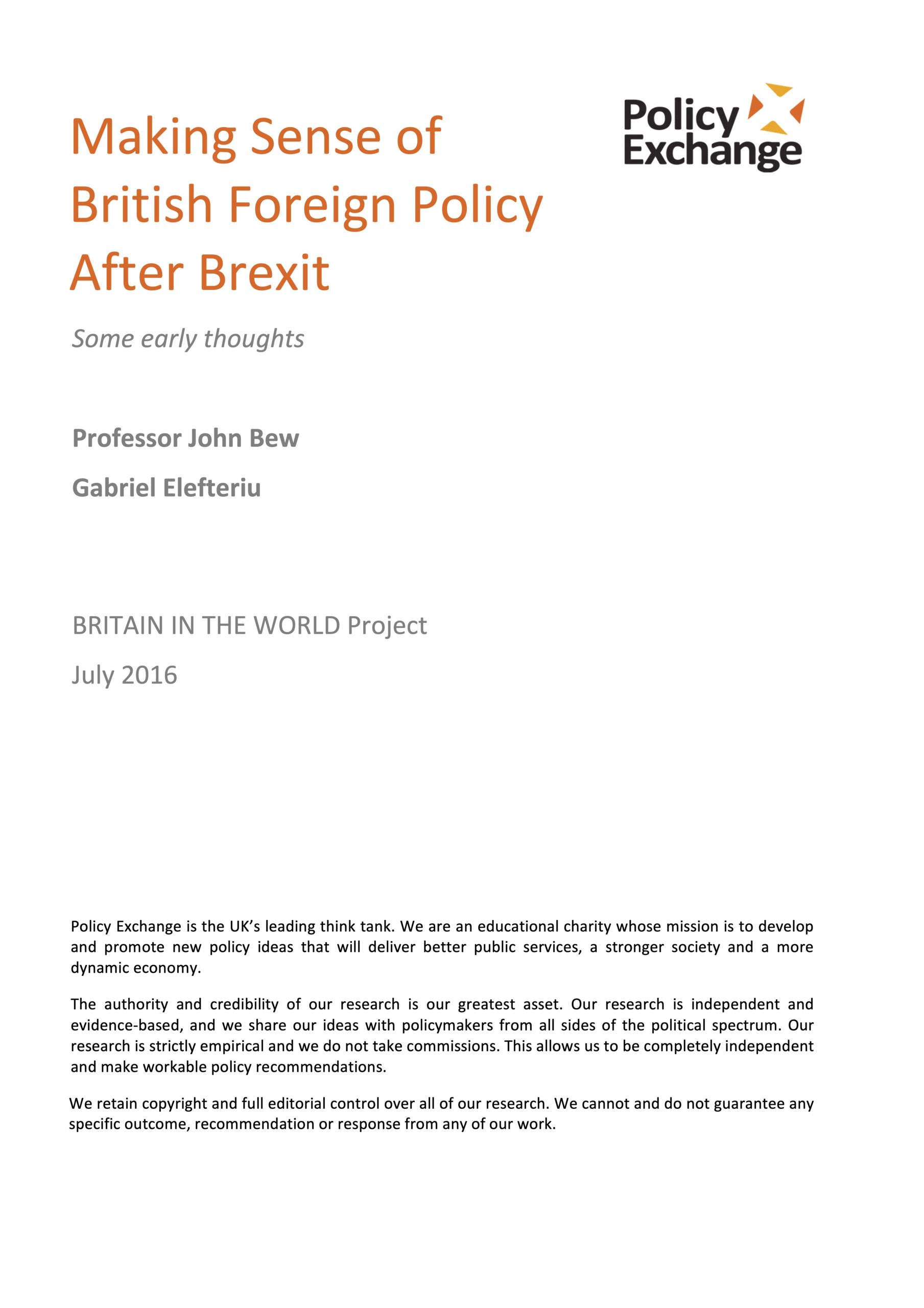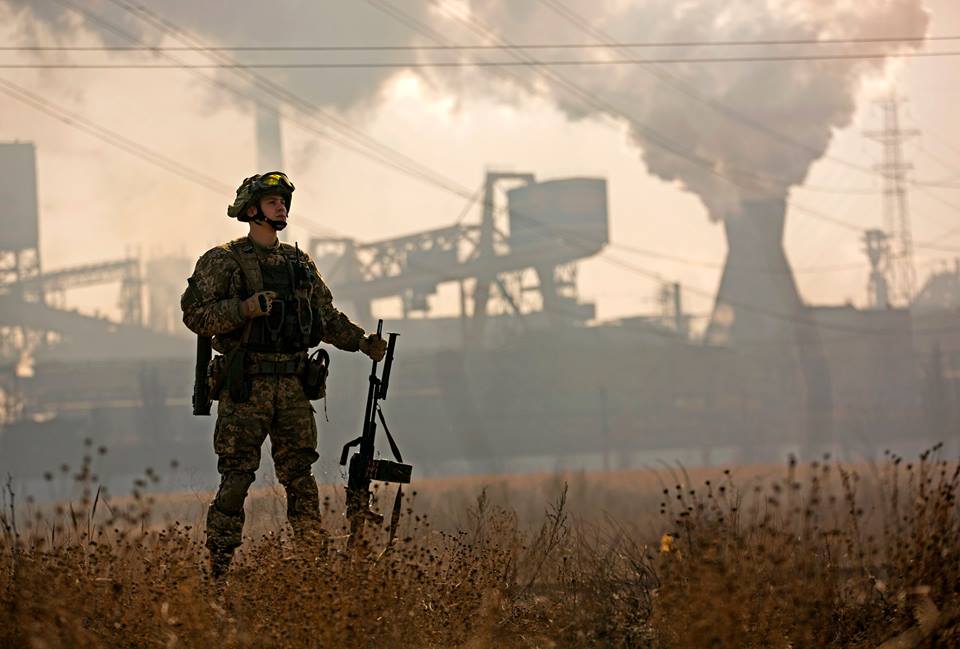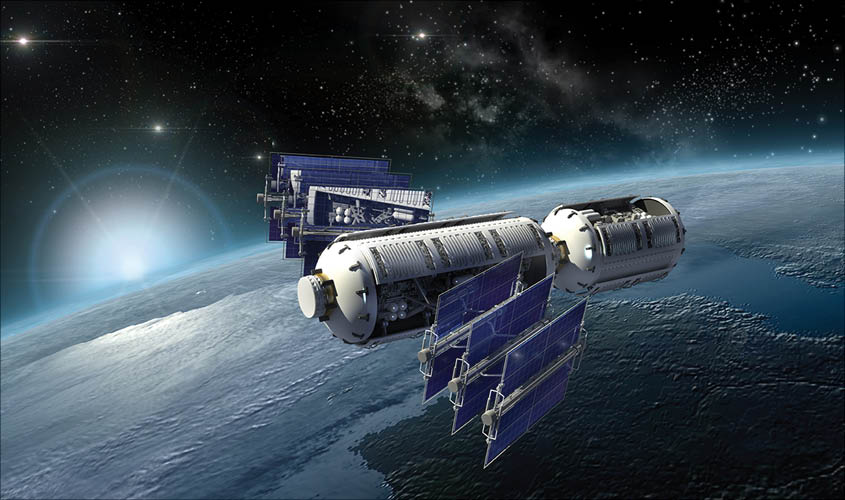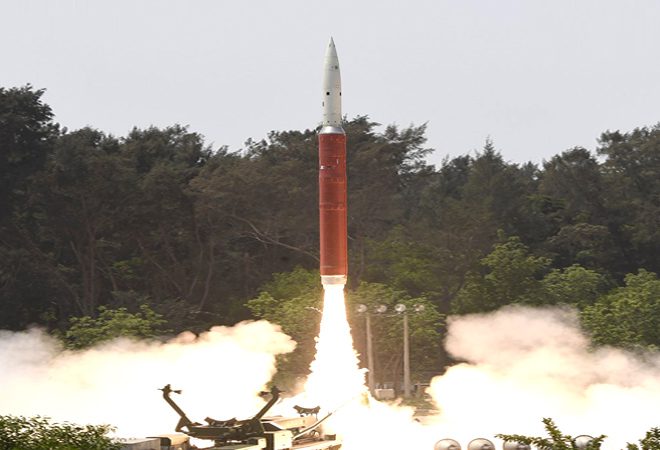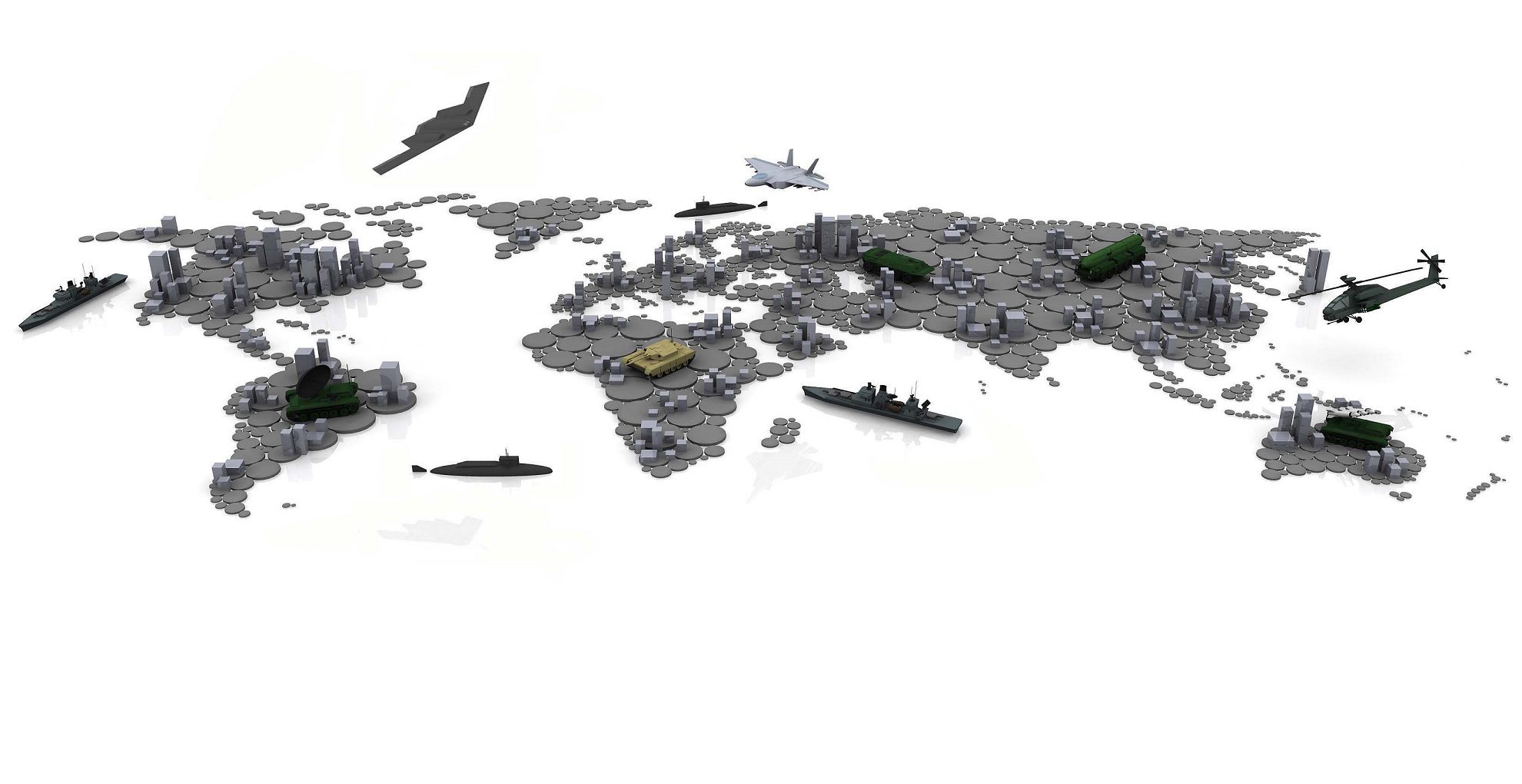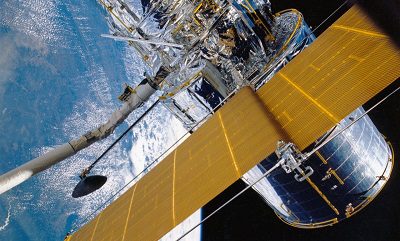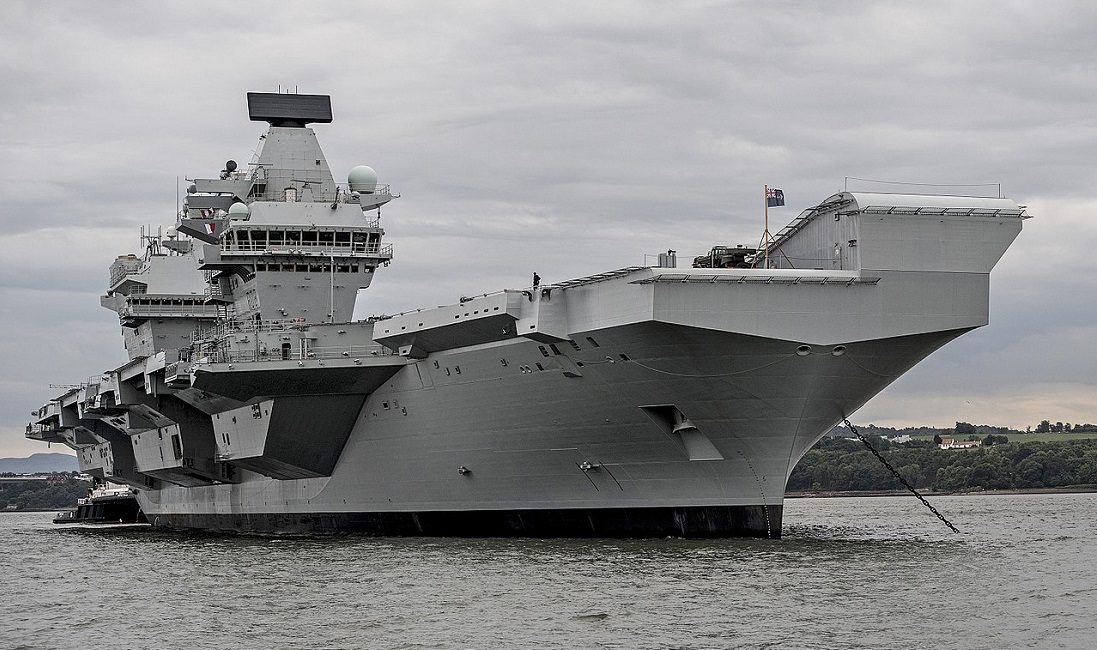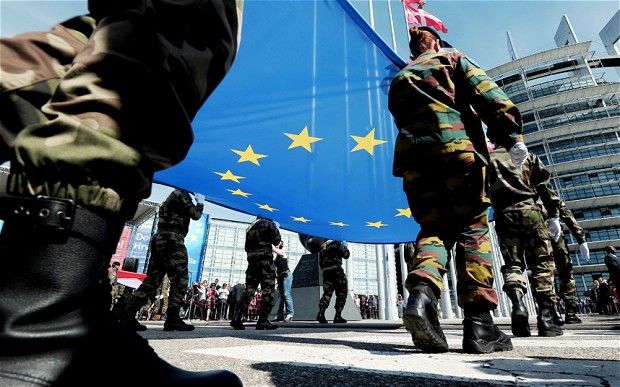Gabriel Elefteriu
Director of Strategy and Space Policy
Gabriel Elefteriu was Director of Strategy and Space Policy. In his previous role at Policy Exchange he was National Security Research Fellow within the “Britain in the World” project. Before joining Policy Exchange in 2014, he was Senior Defence Analyst and Consultant with a defence market intelligence company working with global defence and homeland security industry clients, including A&D primes. His earlier experience includes a number of business and security intelligence roles in the City. Gabriel holds a BA in War Studies (1st class) and an MA in Intelligence and International Security (distinction) from King’s College London, where his main research focus was on space security and strategy. He is also an Associate of King’s College.
The UK should consider setting up a new Space Council “along the same lines as the USA”, according to Chris Skidmore, Science Minister, in order to help create a “joined up government policy towards space”.
Policy Exchange’ Senior Research Fellow for Defence and Border Security, Gabriel Elefteriu, appeared on Radio 4’s Analysis programme to discuss the future of UK defence.
The Head of Policy Exchange's Britain in the World project gave a keynote lecture at the 'How can Realpolitik be Ethical?' symposium
Download Publication In Copernican Revolution, Gabriel Elefteriu explains why the UK must exit EU’s Copernicus Programme and how to use the freed-up money to turbocharge Britain’s space enterprise instead. The 60-page report lays out a comprehensive and costed “Plan B” policy package with four key pillars: two Earth Observation-focused programmes (a dual-use domestic one, and one via ESA); a National Space Lab to cohere all of Britain’s space R&D activities and […]
Download Publication Online Reader This analysis by Gabriel Elefteriu notes that the UK’s first Defence Space Strategy is an excellent document with an assertive message. It maps out a coherent and logical path towards UK space power. But delivering a range of complex space capabilities quickly within tight budgets will be a major challenge for the MoD: real civil-military integration and a unified space decision & acquisition authority at the […]
The Government should use the opportunity of the stability created by the election result to reform the civil service to make it more democratically accountable and better able to deliver on the mandate of the government of the day. Better decision making, streamlined processes and improved accountability will lead to improved policy making and legislation, more effective delivery and improved public services, benefiting every part of the UK.
Unleashing the power of the Union – ideas for new leadership
Unleashing the power of the Union – ideas for new leadership
What do we want from the next Prime Minister on Space Policy?
A “Global Britain” engaged in a long-term international competition needs to play a much more efficient and finely tuned strategic game.
The UK cannot be complacent about the continuing existence of NATO: a world without the alliance would be even more fractious and less secure, while giving up on NATO would be “whimsical, reckless, self-harming and self-defeating”, argues a new Policy Exchange paper, Remaking the Case for NATO: Collective Security and the British National Interest ahead of this week's crucial summit in Brussels.
Policy Exchange is delighted to announce that Professor John Bew, Head of Policy Exchange’s Britain in the World Project, has been appointed as a specialist adviser to the Foreign Affairs Committee’s inquiry into ‘Global Britain’. To mark that appointment, we publish a new reading list, Beyond Brexit: Essential reading on international affairs and security in a changing world, compiled by Professor Bew, Gabriel Elefteriu, Jamie Gaskarth and Patrick Porter.
In a new report published last week, Policy Exchange stresses the vital role of Parliament in shaping debates about Britain’s place in the world, and urges the building of greater cross-party consensus on foreign policy. It stresses the role of the Defence and Foreign Affairs Select Committee in the context of a hung Parliament. The report was published alongside a new database of MPs’ voting records on key issues of national security since 2010, as well as their constituency positions on Brexit — the most detailed resource of its kind ever created. In a Foreword to the report, Tom Tugendhat MP, the new Chair of the Foreign Affairs Select Committee said, 'Policy Exchange is at the forefront of new thinking about national security and the UK’s place in the world'. The report was covered in The Daily Mail.
A new paper from Policy Exchange’s Britain in the World project, examining the future of NATO. The paper argues that current events, from Russian aggression to the EU’s internal politics, mean that NATO is weakening at a time when security challenges are growing
Making Sense of British Foreign Policy After Brexit argues that the UK should use Brexit as an opportunity to adopt a more proactive global foreign policy, enhance its defence profile, and re-imagine relations with key allies.
The UK needs a coherent, unified policy for Eastern Europe For over two hundred years every single European war that Britain has been involved in has originated in the eastern half of the continent. From the Greek War of Independence in the 1820s, to the Crimean War in the 1850s, and from both World Wars – starting with Austro-Hungary’s shelling of Belgrade in late July 1914 and Nazi Germany’s invasion […]
The world was shocked this week by a barbaric and unprovoked full-scale attack on a sovereign, European and most importantly, peaceful member of the community of nations. Ukraine had already been a victim of Russia’s aggression since 2014. Now the Kremlin wants to finish the job, although its leadership might have severely underestimated the type and strength of the resistance it would meet. No one knows how this war will […]
By reporting directly to the Defence Secretary, SONAC will be able to speak truth to power on key strategic choices The Ministry of Defence hit a milestone this week with the establishment of the Secretary of State’s Office of Net Assessment and Challenge (SONAC), a little over three years since Policy Exchange first laid out the full case for it in our report, A Question of Power: Towards Better UK Strategy […]
The UK’s new National Space Strategy (NSS) comes at a critical juncture as global space competition sharpens and as the Government seeks to define the space dimension of Global Britain. With its vital role in the functioning of modern economies, militaries and many other critical services, space has quietly become a strategic component of national power writ large. It will be decisive to the UK’s fortunes in the decades ahead, both […]
Intellectual foundations of the IR The Government’s Integrated Review of Security, Defence, Development and Foreign Policy is the most important British strategy document since end of Cold War. Its significance comes not only from its unprecedented scope across policy areas; perhaps even more important is the strategic conception, the intellectual armature around which it is designed. At its heart is the idea of strategic competition understood in its genuine geostrategic-military […]
It’s time to recognise space power as a critical component of the UK’s grand strategy in the 21st century.
Linking space power with offensive capabilities reflects wider trends in global strategic affairs.
Net Assessment is a tremendous opportunity for a strategic renaissance – we must get it right from the beginning
Policy Exchange’s senior defence fellow, Gabriel Elefteriu, reflects on the Government's decision to build a spaceport in Scotland. He argues the decision is an important step on on the UK's journey to become a leader in space industry.
The UK has made significant progress developing its approach to space, including the passage of the recent Space Bill and announcement of the Space Strategy, argues Policy Exchange’s Senior Research Fellow for Defence Gabriel Elefteriu. Discussing the event held at Policy Exchange to explore these issues, Gabriel argues that more will be required if the UK is to fully take advantage of the opportunities offered by this new frontier.
Policy Exchange’s Gabriel Elefteriu warns that we should beware the declinist narrative that too often pervades discussion of UK defence capability. He cautions this can too often verge on a self-fulfilling prophesy and we should acknowledge that the Government is now increasing defence spending. Equally, it is important that American warnings are headed, particularly on the retention of specific capabilities.
National Security Fellow Gabriel Elefteriu responds to the launch of the Government’s new paper on UK-EU security and defence cooperation after Brexit. The paper is a welcome starting point in efforts to improve the “mood music”, given recent acrimony in Brexit negotiations. It is right to stress areas of common interest with the EU27 and the UK’s vital role in European security, which is likely to continue for many years. However, there are still questions to answer about the proposed “deep and special relationship” with the EU, and how this is to be squared with renewed efforts to reinvigorate the NATO alliance.
Britain in the World Research Fellow Gabriel Elefteriu discusses further implications of the North Korea crisis, noting that there is “no historical precedent for the present crisis, and attempting to apply ‘lessons’ from the past is extremely dangerous in these circumstances.” War “could be catastrophic in material and geopolitical terms, with incalculable evolutions and consequences” but the crisis is likely to force the US to devote even more resources to the Pacific, with consequences for its strategic posture in other parts of the world.
John Bew and Gabriel Elefteriu of Policy Exchange's Britain in the World project reflect on President Trump's firmest yet statement on Article 5 — NATO’s collective-defence clause which holds that an attack on one member is an attack on all. They point out that this is a commitment that has been made after lengthy manoeuvrings both within the Administration and on Capitol Hill; and conclude by asking whether a similar resolution might pass the House of Commons.
Writing in The Telegraph, Professor John Bew, Head of Policy Exchange’s Britain in the World Project and Gabriel Elefteriu, Policy Exchange’s Britain in the World Research Fellow, ask what Britain can do to fix the fact that Nato is under threat from the EU and Donald Trump
Gabriel Elefteriu — Policy Exchange’s Britain in the World Research Fellow — analyses U.S. President Donald Trump’s newly named National Security Adviser Army Lt. Gen. H.R. McMaster’s recent speech at Policy Exchange and what it tells us about his approach to the role may be
Gabriel Elefteriu — Policy Exchange's Britain in the World Research Fellow — and Professor John Bew — Head of the Britain in the World project — consider the Government's first annual report on the 2015 National Security Strategy and Strategic Defence & Security Review (SDSR), concluding that, 'ultimately, being "global" is not simply about being "open", but also being "strategic", self-confident, and bold'
On 10th November, Policy Exchange's Britain in the World project hosted Professor Walter Russell Mead for a briefing on US foreign policy under President Trump
Gabriel Elefteriu, Policy Exchange, Policy Exchange National Security Research Fellow, examines the shift in Europe's view on Russia.

